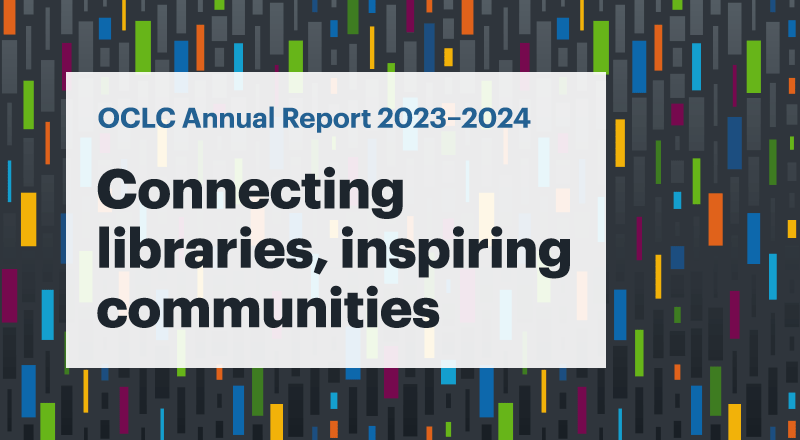A nonprofit membership organization
OCLC is a nonprofit organization, funded by our membership’s use of shared services and programs. Our financial plans require us to balance costs, revenues and long-term sustainability. To do so, we set the goal of generating revenues over expenses of 2 to 4 percent. This goal helps us operate as efficiently as possible while investing wisely for the future.
We support cost-sharing principles
Member libraries share the cost of the organization by using our online services and software. In some years of extreme external financial downturns, OCLC has held prices flat. In other years it has been prudent to increase member costs to adequately invest in new services and technologies.
In a fast-changing environment, we must ensure that the organization is adequately funded to deliver the new services and programs members need to serve local users and communities. In that way, we can continue to help libraries reduce costs while providing better information access for the communities they serve.
Frequently asked questions
Who owns OCLC?
Does OCLC issue an annual report?
Who audits OCLC's financial statements?
Is OCLC tax-exempt?
Why are OCLC subsidiaries considered “for profit”?
Does OCLC have a sustainability fund?
Does OCLC make a profit?
Does OCLC engage in mergers and acquisitions?
Could OCLC pay dividends to its members?
How much does OCLC spend on research and development each year?
Why and how does OCLC compensate its Board of Trustees?
Where can I find more information about OCLC's charitable status?
Annual report
Financial statements
Previous issues of OCLC Annual Reports and Consolidated Financial Statements are stored in the OCLC Digital Archive.
